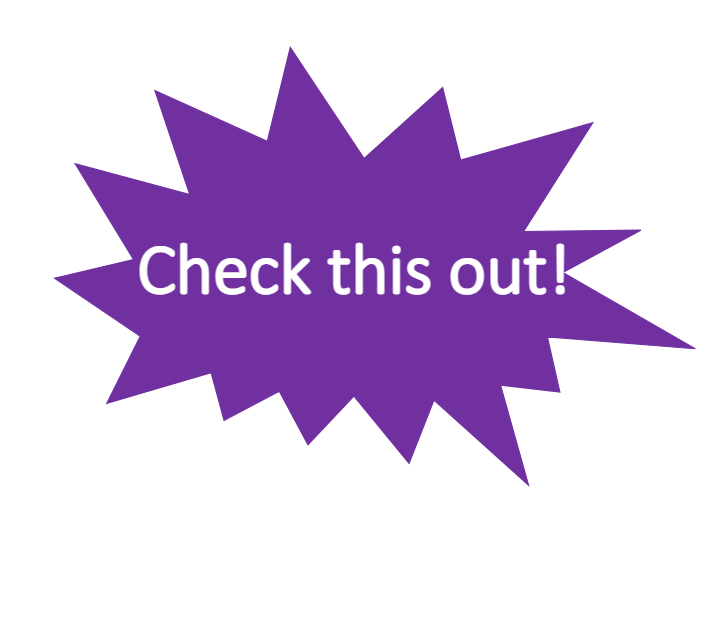News
Congratulations to Dr. Megan Coffer for being elected to the WWQA Advisory Committee!

Megan Coffer – Global Science & TechnologyWe are excited to announce that Dr. Megan Coffer, Global Science & Technology, was just elected to the World Water Quality Alliance (WWQA) Advisory Committee! Megan has been a vital member of GEO AquaWatch’s Management Team member since 2021 and currently also serves as co-chair of GEO AquaWatch’s Early Career Society. Congratulations to Dr. Megan Coffer!

Dr. Coffer will be representing the North American global region alongside Dr. Myrle Ballard, University of Calgary, who was among the panelists featured during the July 31st “Contributions of Indigenous People’s EO to Water Quality Monitoring” MAGIK Network webinar co-sponsored by GEO AquaWatch, WWQA, IAGLR, CSIRO AquaWatch Australia, and the GEO Indigenous Alliance.
AquaWatch Regional ASEAN Alliance (AQWRAA) – 3 Ways to join in!
Join CSIRO, Australia’s national science agency, in conjunction with the Australian Centre for Space Governance (ACSG) to find out more about AquaWatch Australia and the proposed concept for AquaWatch Regional ASEAN Alliance (AQWRAA) at a virtual webinar, with a follow-on in person workshop to occur at APRSAF-30 in Perth.
1) Wednesday 13 Nov 2024: AQWRAA online webinar ONLY
2.00pm to 3.00pm AWST (6.00am to 7.00am GMT). Login details will be emailed to registrants (use the registration link below)
2) November 13 & 27 2024: BOTH AQWRAA online webinar and in person workshop
Webinar 13 November 2024, 2.00pm to 3.00pm AWST (6.00am to 7.00am GMT). Workshop 27 November 2024, 4.00pm to 6.00pm AWST (8.00am to 10.00am GMT). Webinar login details will be emailed to registrants. Workshop location is Perth, Australia, specific location details to be provided post registering.
3) Wednesday NoVEMBER 27, 2024: AQWRAA in person workshop ONLY
4.00pm to 6.00pm AWST (8.00am to 10.00am GMT), Perth, Australia. Specific location details to be provided post registering.
Register now
Find out more here
Questions? Contact Zandria Farrell
𝗙𝘂𝗻𝗱𝗶𝗻𝗴 𝗢𝗽𝗽𝗼𝗿𝘁𝘂𝗻𝗶𝘁𝘆 𝗳𝗼𝗿 𝗥𝗲𝘀𝗲𝗮𝗿𝗰𝗵𝗲𝗿𝘀 𝗼𝗳 𝘁𝗵𝗲 𝗚𝗹𝗼𝗯𝗮𝗹 𝗦𝗼𝘂𝘁𝗵
Call for Abstracts: AquaWatch Australia Session at ESA Living Planet Symposium
Exponential growth in EO data volumes, advancements in drone technology, and the variety of data accessible via cloud-based platforms, present new opportunities to develop novel integrated systems that leverage these capabilities. In particular, the advancement in new generation spaceborne imaging spectrometers, such as PRISMA, ENMAP, DESIS, EMIT and the upcoming missions such as ESA’s CHIME and NASA’s SBG, can significantly improve applications such as water quality monitoring, especially when also combined with near real-time, in-situ water quality data streams, drone-based measurements and water quality forecasting tools.
This session will bring together water quality remote sensing scientists, modellers and data analytics experts, to showcase and discuss approaches for use of various types of remote sensing data, including imaging spectroscopy and drone imagery, for development of a fully integrated ‘ground-to-space’ data integration system, that support the production of ‘decision-ready’ information for water managers and communities that are dealing with increasing challenges in inland and coastal water quality world-wide.
The goal of the session will be to focus on the benefits and challenges of integrating multiple sources of data (e.g., either different Earth observation (EO) sources like optical/radar, or combining in-situ and/or drone measurements with EO datasets-, or EO with modelling), rather than focusing on only one EO data source or one approach to produce actionable water quality products.






The TWAS-UNESCO Associateship Scheme is now open for applications! This program enables competent researchers from the Global South to visit +300 research centers in person for collaborations over the course of three years.
📅 Deadline: 05 December 2024
🎓 Eligibility: Open to PhD holders from developing countries in the Global South, with priority for scientists from isolated institutions and women researchers.
TWAS provides travel support and a monthly allowance to cover local expenses, while host institutions supply accommodation, meals, and research facilities. This initiative supports knowledge exchange and helps counter brain drain by fostering scientific collaborations across the South.
📝 Application requires a statement from your home institution, an invitation from a host institution, two recommendation letters, and proof of qualifications. For further details, check the TWAS website or contact associateship@twas.org.
Find more grants, fellowships, and job opportunities on our 𝗔𝗹𝘂𝗺𝗡𝗼𝗱𝗲 𝗝𝗼𝗯 𝗕𝗼𝗮𝗿𝗱 – and share with us to benefit the entire community!